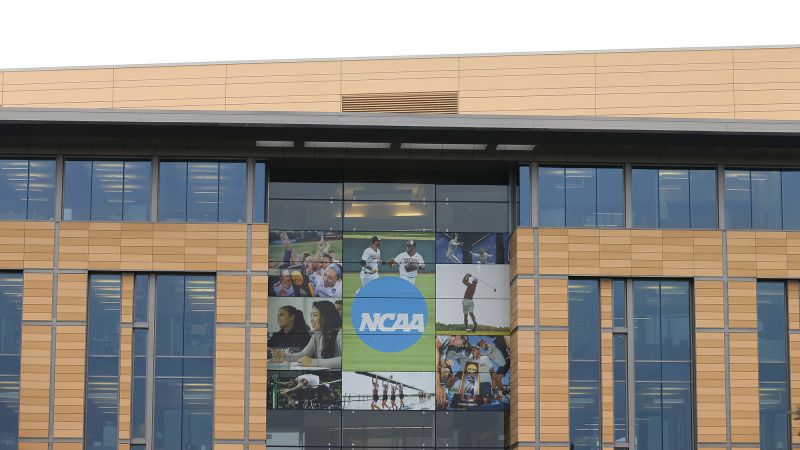The proposed $2.78 billion settlement of the House v. NCAA antitrust case is currently on hold after Judge Claudia Wilken expressed concerns about certain provisions of the deal during a court session in Oakland, California. Specifically, Wilken raised issues about how the agreement could impact name, image, and likeness (NIL) payments to student-athletes. She requested that the terms be revised and resubmitted within three weeks to address these concerns.
One of Wilken’s main concerns was the potential restrictions on third-party NIL payments, which she feared could limit opportunities for student-athletes in the future. She also questioned NCAA attorney Rakesh Kilaru about whether the settlement would lead to athletes being paid to play, to which Kilaru clarified that pay-for-play would still be prohibited under the rules. Additionally, Wilken expressed worries about how the pending revenue agreement, which would last for 10 years, could impact future college athletes and restrict their earning potential.
Currently, boosters are allowed to provide NIL payments to athletes, effectively serving as salaries. Wilken noted that while schools may not be able to provide these benefits, third parties such as boosters do have the resources and willingness to pay them. She highlighted the complexity of the issues at hand and expressed uncertainty about how to address them, ultimately leaving it up to the parties involved to come up with a better solution that addresses these concerns.
Lead attorney for the plaintiffs, Jeffrey Kessler, commented after the court session that they are open to making the changes requested by the judge and are hoping the NCAA will agree to them. However, if the deal falls apart, they are prepared to go back to trial. The settlement, if approved, would result in billions of dollars being paid to current and former NCAA athletes, representing a significant financial impact on the organization.
The outcome of this case could have far-reaching implications for the future of college athletics and the compensation of student-athletes. The judge’s reservations about the settlement highlight the complexities and challenges of balancing the interests of all parties involved, including the NCAA, athletes, and third-party entities. Ultimately, finding a solution that both addresses concerns about potential restrictions on NIL payments while ensuring compliance with antitrust laws will be crucial in moving this settlement forward.
As the parties work to address the judge’s concerns and potentially revise the terms of the settlement, the fate of the $2.78 billion agreement remains uncertain. Whether the NCAA will agree to the proposed changes or if the case will go back to trial is yet to be determined. Nevertheless, the outcome of this case will undoubtedly have a significant impact on the landscape of college sports and the compensation of student-athletes for years to come.


